President Joe Biden finds himself under mounting political pressure to tighten sanctions on Russia, Iran, and Venezuela, key players in the global oil market.
As reported by Bloomberg, any move to intensify these sanctions might drive U.S. gas prices higher, posing a delicate challenge during a politically sensitive election year.
Global Oil Dynamics Under U.S. Sanctions
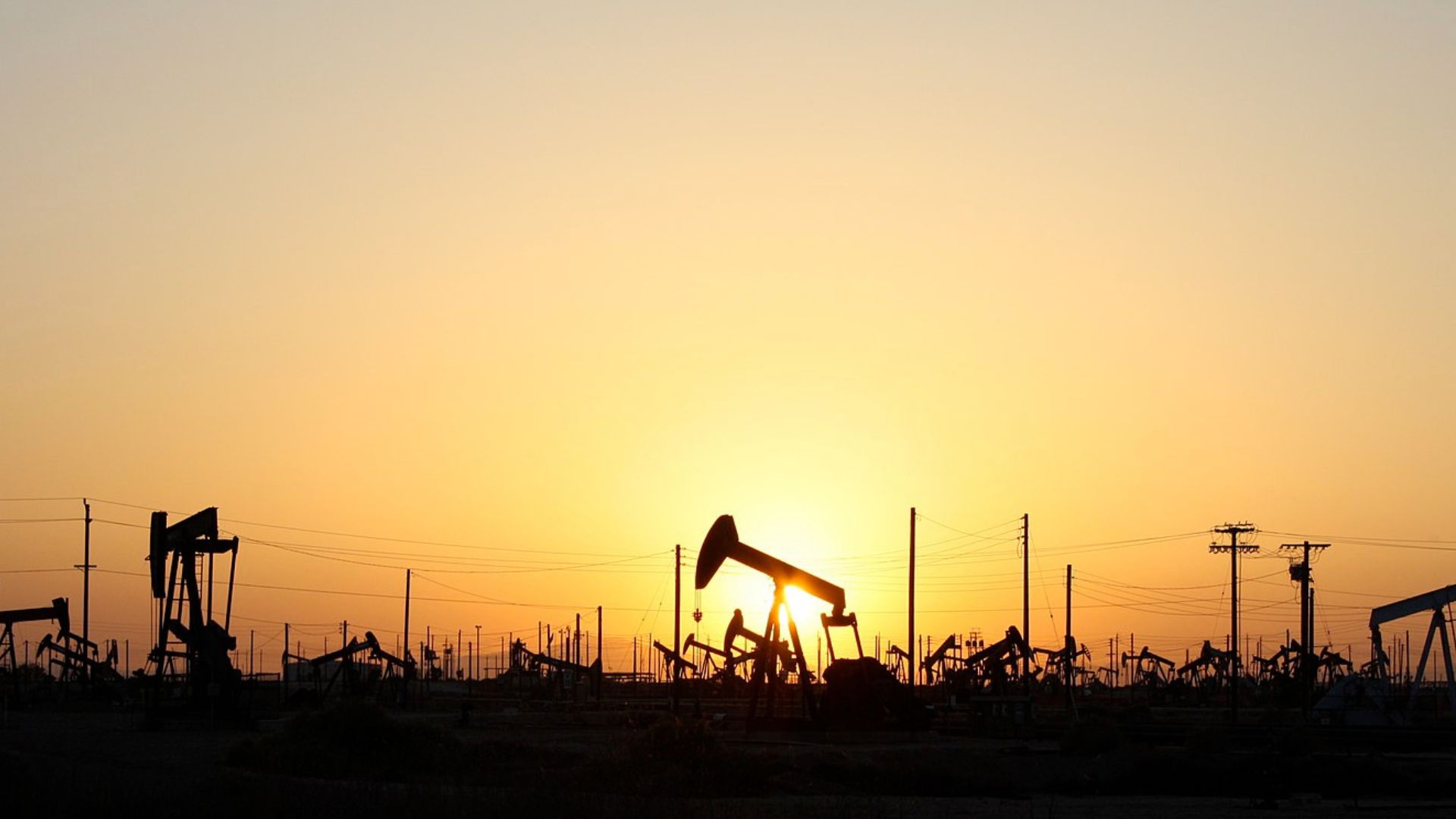
According to the International Energy Agency, the trio of Russia, Iran, and Venezuela supplies about 13% of the world’s oil.
Restricting this flow could directly spike gas prices nationwide, adding economic tension to an already volatile market situation.
Tracking Gas Prices: A Recent Overview
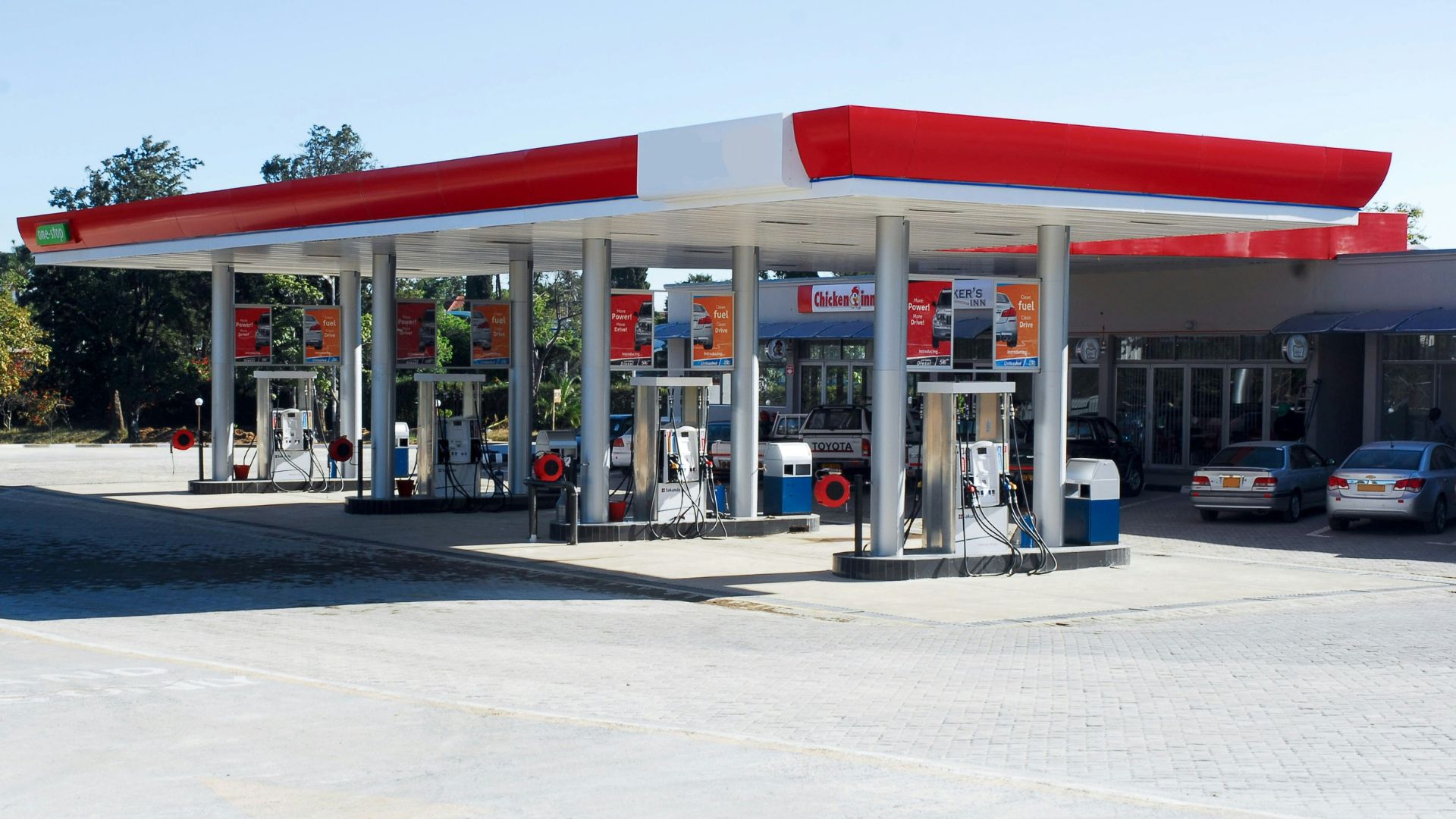
The Bureau of Labor Statistics highlights a notable drop in gas prices to $3.58 per gallon in March, down from last June’s peak of $5.06.
Despite this relief, prices remain above the levels seen before Biden’s presidency, hinting at underlying market pressures.
Inflation Concerns Dominate Voter Sentiments

Recent polling by YouGov and the Economist indicates inflation as a primary concern for 24% of voters, dominating the political landscape.
While concerns over gas prices appeared to wane earlier, a Gallup poll in April suggests that the recent uptick is reshaping economic perceptions once again.
Electoral Consequences of Rising Living Costs
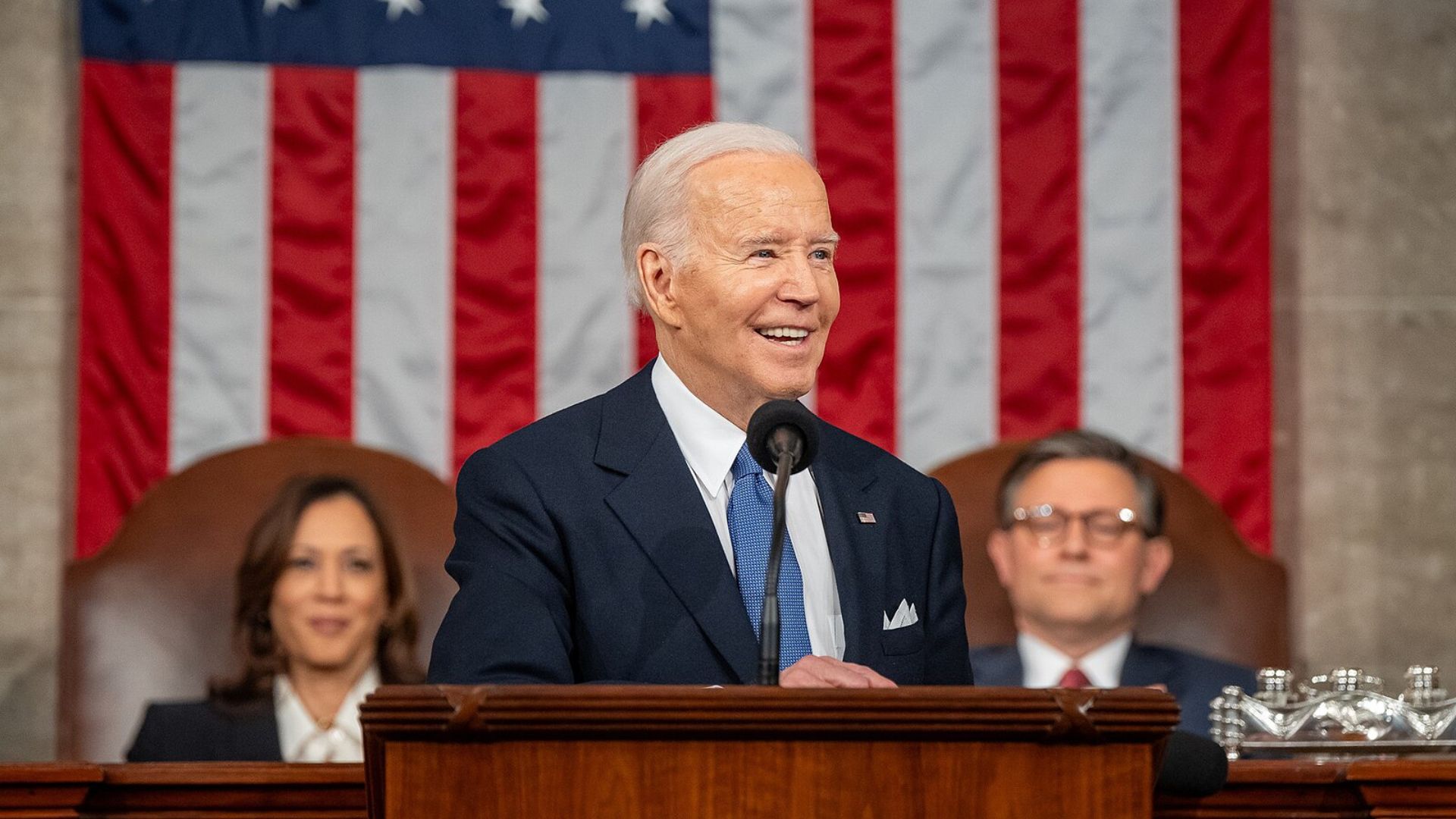
The rising cost of living, driven partly by fluctuating gas prices, is expected to significantly influence the upcoming elections.
History shows that U.S. presidential fortunes are often closely tied to fuel costs, a sector over which they have surprisingly limited control.
Unrest and Its Impact on Fuel Prices

Jim Lucier of Capital Alpha Partners pointed out, “The Biden administration is just pathologically allergic to anything that would increase oil prices.”
This comment comes as Middle Eastern tensions contribute to an 18% spike in U.S. gas prices this year, illustrating the geopolitical complexities of fuel economics.
The Shrinking Arsenal for Price Stabilization
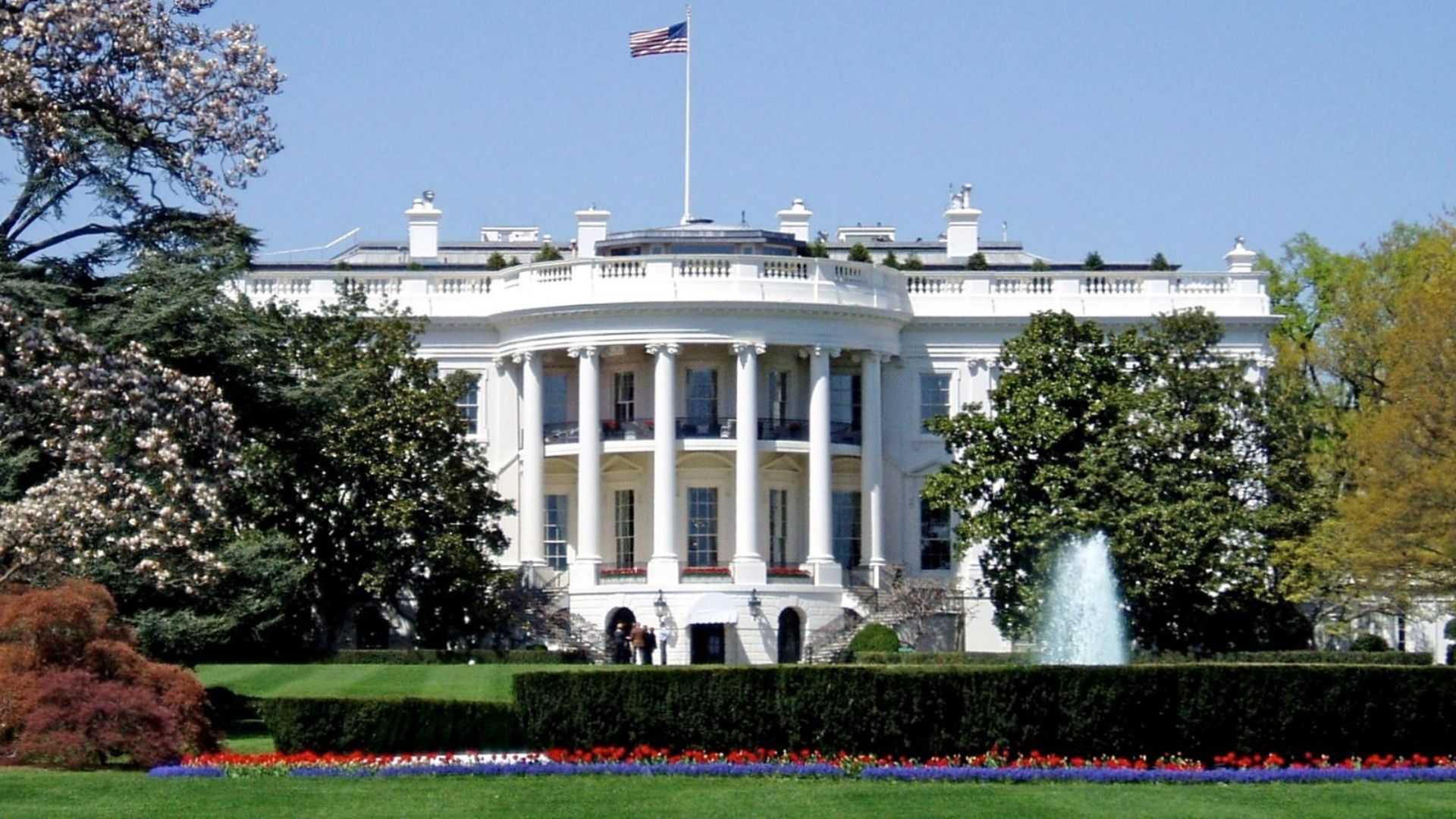
Fernando Ferreira of Rapidan Energy Group has noted that the White House’s traditional strategies to stabilize gas prices are nearing their limits.
As these conventional tools lose their efficacy, new challenges arise in managing economic expectations.
The Challenge of Sanctions on Major Oil Exporters
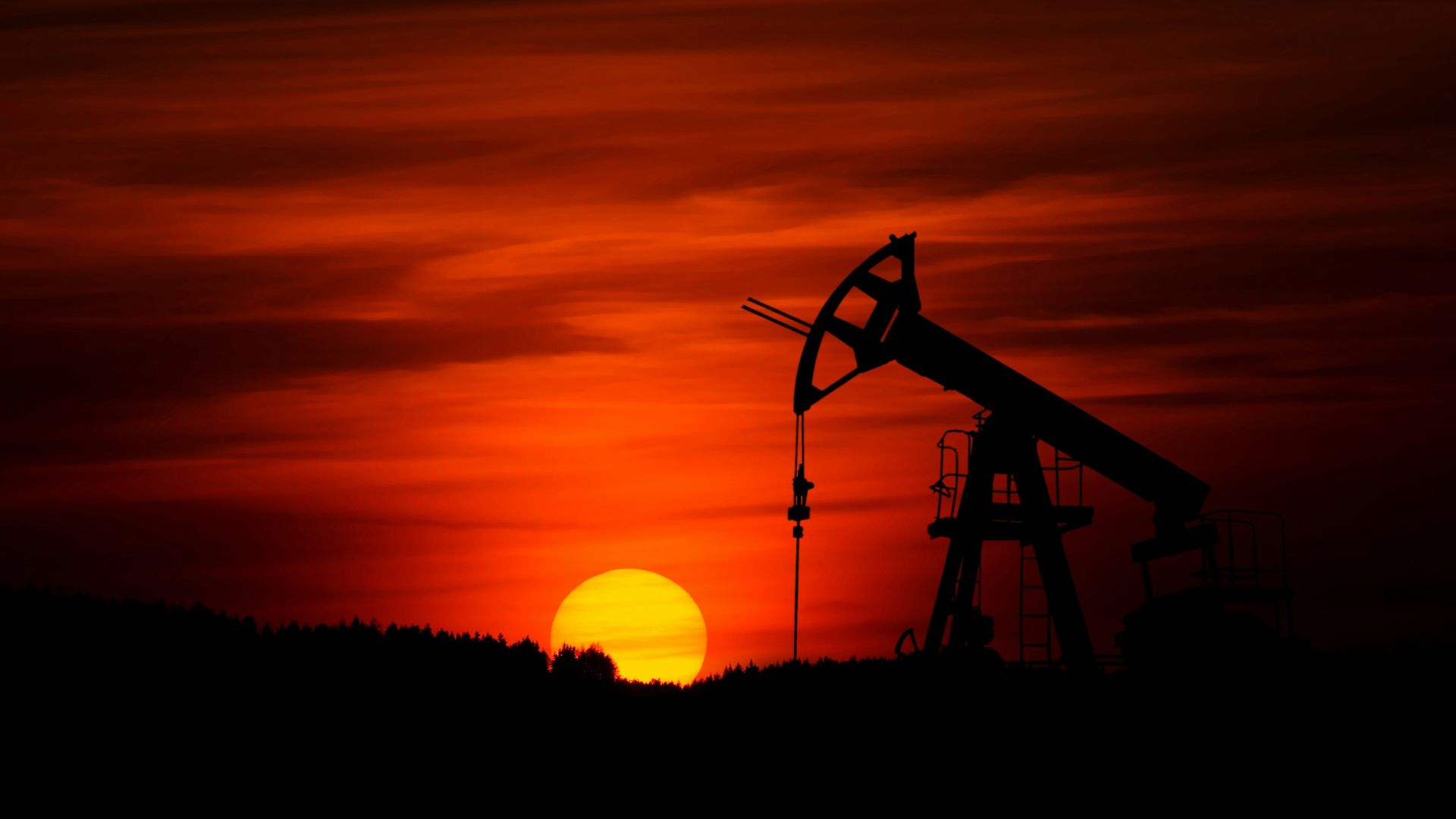
Bloomberg reports that despite longstanding U.S. sanctions, Iran’s oil production hit a six-year peak last month, with the majority of its oil heading to China.
Meanwhile, the U.S. continues to manage a delicate balance with Russian oil through price caps and maintains limited operations in Venezuela through Chevron Corp.
Legislative Calls for Tougher Action
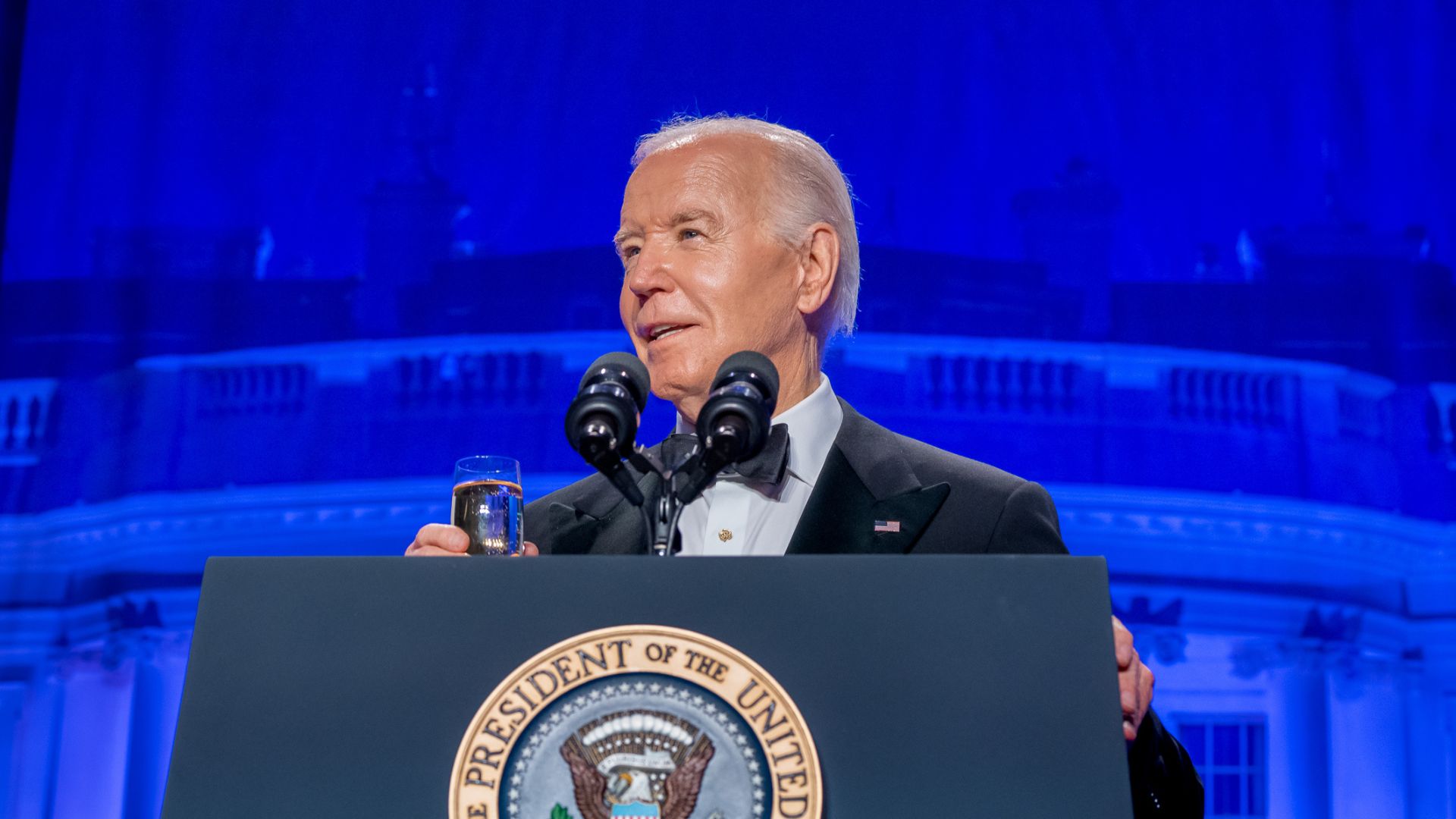
In response to Iran’s recent actions in the Middle East, Congress is pressing the Biden administration for a tougher stance.
The latest sanctions detailed in the Ukraine aid package aim to broaden penalties to entities dealing with Iranian oil, marking a significant legislative push for stricter enforcement.
The Political Highwire of Gas Prices

Kevin Book from ClearView Energy Partners LLC highlights the political risks for Biden if he opts to lower gas prices through sanctions relief.
This move could spotlight him in an unfavorable light in the delicate time of election-year.
Biden’s Measures to Mitigate Gas Prices
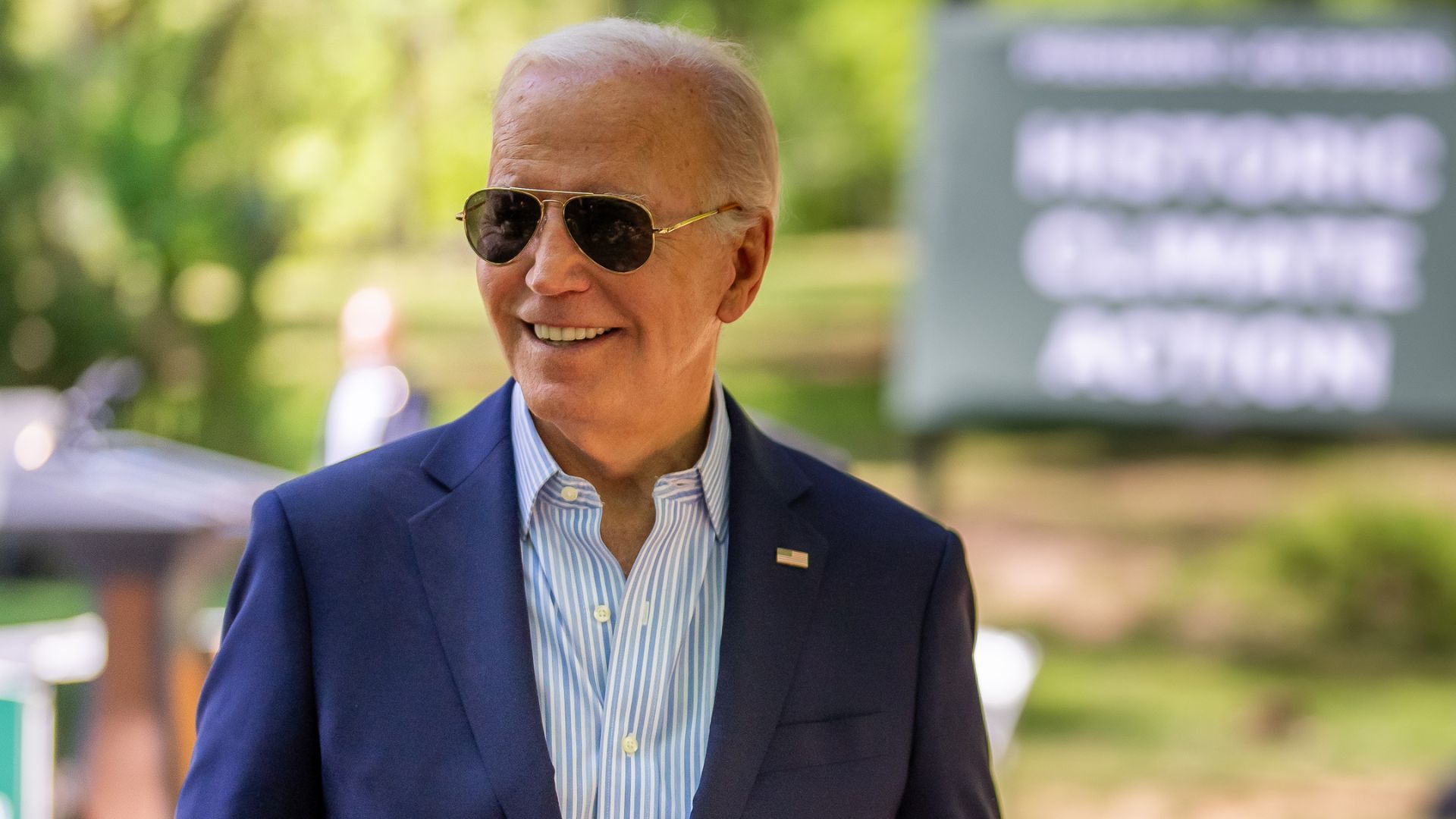
In an effort to temper rising gas prices, President Biden has released over 200 million barrels from the U.S. emergency oil stockpile, bringing it to a 40-year low.
He has also promoted the use of E15 gasoline, a less expensive alternative to E10, aiming to provide some relief to American consumers.
Presidential Power vs. Gas Price Reality

Dan Yergin, vice chair of S&P Global, encapsulated the presidential dilemma, saying “There is a limit to what presidents can do. Presidents never get credit when gasoline prices are low, but they always get blamed when gasoline prices are high.”
This statement underlines the challenging role of U.S. presidents in managing an issue deeply influenced by global events and market forces.
